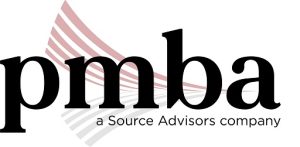Benefits of Combining a Sales and Use Tax Refund Review with an Audit
When a state informs a company of an ensuing sales & use tax audit, there is always uncertainty and stress. The stress is caused by the concern about tying up the business’ resources and the fear of potential liability that may exist. Combining a Sales and use tax refund review with an audit may alleviate some of these concerns.
Many of an audit’s time-consuming aspects center around gathering the documentation. What is the state going to ask us to provide? These documents need to be reviewed by the auditor to determine if a tax liability exists. Conversely, the documents can also determine if sales and use tax overpayments were made. State auditors are not obligated to identify tax overpayments they discover in their review.
The benefits of combining the two projects include efficiency (in time and resources), lower overall payments, and more money available for refund review.
Efficiency
The same documents are utilized for both reviews. Having pulled the documents for audit, there is little additional work required to review the documents for refund opportunities. Handling both projects simultaneously will result in fewer inquiries from your tax personnel than if they were conducted separately. Any errors resulting in over or underpayments can be addressed simultaneously.
Lower Payments
Rarely does an audit result in a “no change” finding. When combining a refund with the audit, the refund will offset any liability found, not just of the tax due but also of the interest and potential penalties. Due to high-interest rates (15%+) imposed by states, the interest amount due can be significant.
More Money Available
Most states typically have a three-year or four-year statute of limitations for audits, meaning that is the time legally open for review. An open audit results in that period also being open for refund review, resulting in a longer than normal period being open for refund review. A refund review done separately from an audit is limited in the amount of purchases you can review for overpaid tax. If an audit goes back five years, those periods are open for potential liability and refunds.
Need Help?
Navigating an audit or a refund review requires knowing the process needed to be successful. Combining the two can streamline the process and generate positive results. If you have any questions or would like more information, please contact PMBA.
